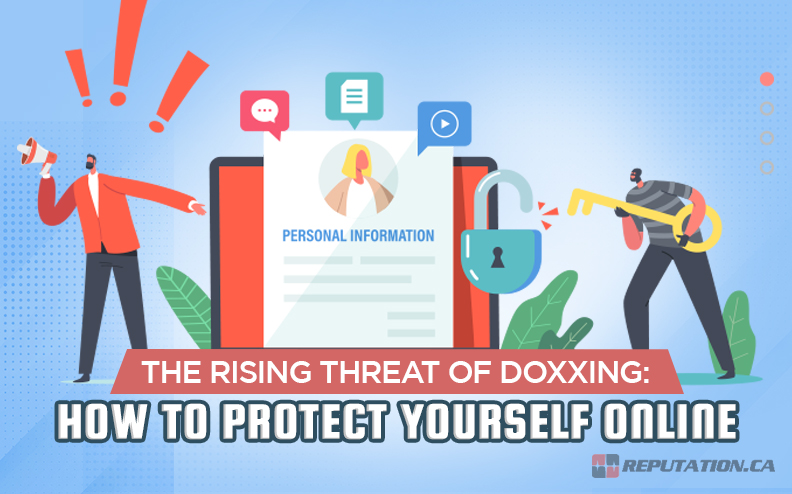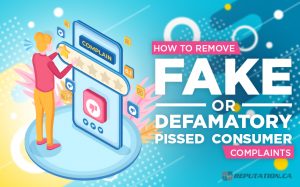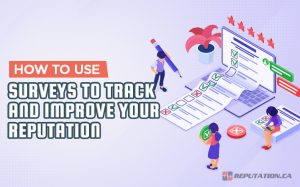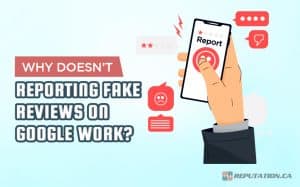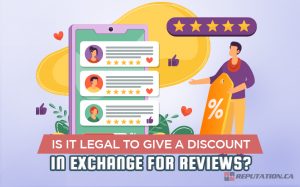The Internet has become a strange hybrid of an online playground, information library, and communication network with millions of uses. Virtually everyone uses the Internet now for various purposes ranging from entertainment to work. Some holdouts are less willing to adopt the technology necessary to take full advantage of the Internet, but most have a substantial online presence.
Even those who might not have been active on the Internet have taken to creating social media profiles that allow them to keep in touch with friends and relatives. Social media has become one of the unifying resources of the Internet that has recently become a double-edged sword due to abuse from certain demographics. In fact, the entirety of the Internet has recently become a battleground thanks to a special breed of harassment.
There has been a surge in cybercrime called doxxing, which has endangered the lives and reputations of hundreds. The crime can be devastating to the victim, especially if the perpetrator uses it as a tool for blackmail. Defending against cybercrimes like this requires extra effort to counteract since your online presence is fairly easy to track.
Most cybercrimes (including doxxing) require the perpetrators to have a degree of computer expertise to pull off. This includes hacking, data tracking, and glorified stalking, allowing them to harvest some of the most valuable resources. The question is: What is doxxing, and how can you protect yourself from becoming a victim?
What is Doxxing?
Doxxing is a fairly new cybercrime that exposes one of the most valuable and dangerous things to the public: your information. Doxxing is the act of publicly listing someone else’s personally identifiable information via online forums.
While its status as cybercrime is relatively new because the medium did not exist when doxxing first emerged. The earliest examples of doxxing occurred in the 18th century (circa the American Revolution). In 1765, the British Parliament imposed the Stamp Act on the Thirteen Colonies, prompting an aggressive response from radical groups opposed to British rule.
These groups harassed tax collectors, but they also harassed fellow colonists who did not comply with the boycott of British goods. They published the names of the non-compliant colonists in pamphlets and distributed them, causing the revolutionaries to shun or harass the loyalists. The first instance of digital doxxing did not occur until the late 1990s.
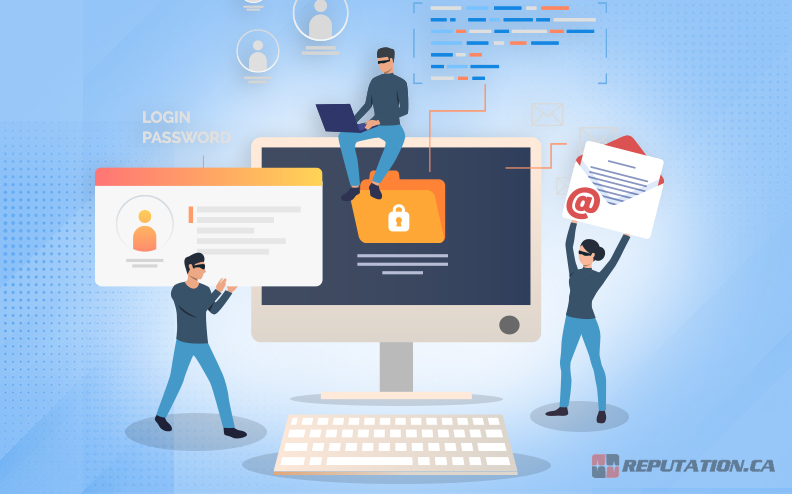
An online discussion forum, Usenet, had become available by then, allowing long-distance communication between users. Usenet was used to publish a “Blacklist of Net Nazis and Sandlot Bullies,” which contained personal information of individuals the author opposed.
The author’s publication alleged that their victims were followers of Nazism and were worthy of contempt, despite having little evidence to support their claims. In the same period, a website called the Nuremberg Files was created that listed the same information pertaining to citizens who performed abortions. The latter encouraged readers to stalk and kill the individuals listed on the website because abortion was wrong.
Unfortunately, doxxing has continued to evolve and is used for increasingly trivial reasons on a public forum that has become extremely petulant. Nowadays, social media users can share personal information with millions of users. The ones willing to dox another person do so over political, religious, or philosophical differences. Others use the threat of doxxing to extort something from their victim (i.e., money or sex).
Regardless of the motivation, doxxing has become something far more nefarious than the revolutionary radicalism experienced during the American Revolutionary. It has also become infinitely more common due to the viciousness surrounding sociopolitical discourse in the 21st century.
How to Protect Yourself
Protecting yourself from being doxxed is harder than it sounds because our reliance on the Internet has made us vulnerable. A common misconception about the Internet is that some believe their information can be deleted.
Nothing is ever truly deleted from the Internet because automated systems log your activity and create a trail of digital footprints back to you. Fortunately, most of the deleted data is restricted to certain agencies and organizations that prefer to turn a profit instead of blackmailing or harassing you. Unfortunately, this seldom affects doxxing since many forget to delete certain information or gather their data from a source they did not know about.
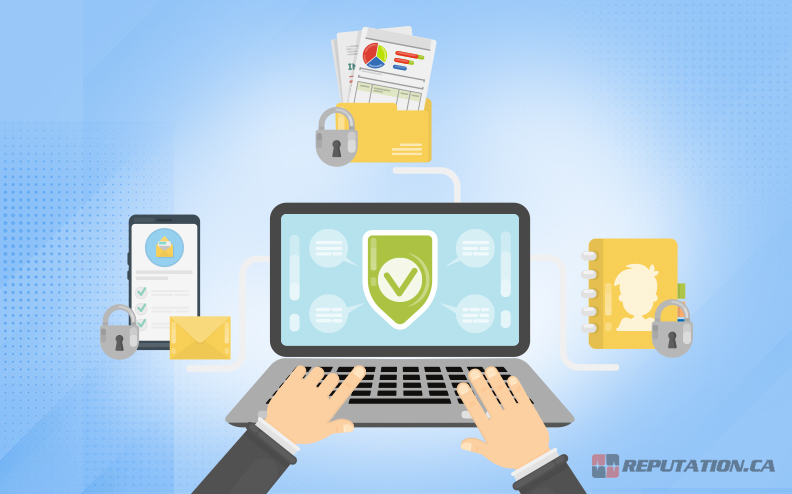
Protecting yourself against doxxing is a multi-step process that is not resolved by clicking a single button. Fortunately, it can be done assuming you are willing to put in the effort that entails.
Step #1: Purge Data Broker Websites
First, you need to know that the information gathered by doxxers is not always what you willingly post on social media. Sometimes, information is secured by websites watching from behind the scenes and taking advantage of a seemingly mundane event. A data broker likely has your information if you have purchased on Amazon, applied for an account online, or submitted your name and address anywhere.
Data broker websites are one of our biggest enemies online since their entire business is built around acquiring and selling our data. Some websites willingly share your data with these brokers in exchange for a cut of the profits, and we agree to it by agreeing to the Terms and Conditions outlined on their domains. Fortunately, most data broker websites cannot post personally identifiable information without our consent.
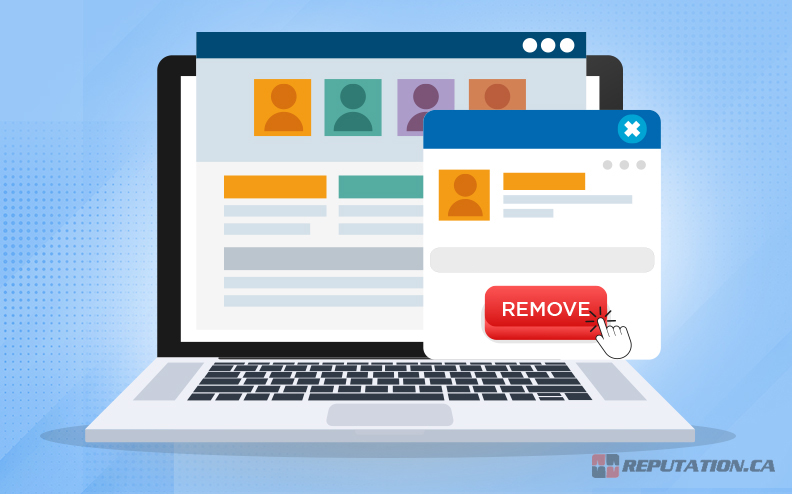
Most data broker websites have an opt-out function that allows us to remove our information from their domain. They are usually very tricky about it, making the process as frustrating as possible to demoralize us. Nevertheless, perseverance allows you to request a takedown of any information about you. The problem is that there are dozens of these websites, and they tend to cooperate.
So, the most time-consuming part of protecting yourself from being doxxed is removing this information from every website with a trace of your information. Unfortunately, this might not be feasible for a single individual or even a small organization. The sheer number of sites requires you to spend hours making requests, but most require users to pay for information (which doxxers might avoid doing). Fortunately, other steps are slightly more important to protecting yourself.
Step #2: Use a VPN
The average computer user does not know this, but your connection to the Internet is not an abstract ability. Like any construct, the Internet has entry points that individual devices must use to access the Internet. The location at which the device enters the network has a unique signature that can be traced by certain programs to identify the host.
This signature is a numerical string called an Internet Protocol (IP) address that also serves as a geographical indicator. Your IP address can be used to identify your physical location since the access points to the Internet are rooted in those locations via routers and receivers. Anyone with technological know-how can trace your IP address and identify your physical location.
Once they have that, a little legwork helps them gather more information they can post about you. Fortunately, IP addresses are connected to the routers, and routers can connect with others. Your IP address can be changed using a tunneling protocol to match another receiver’s.
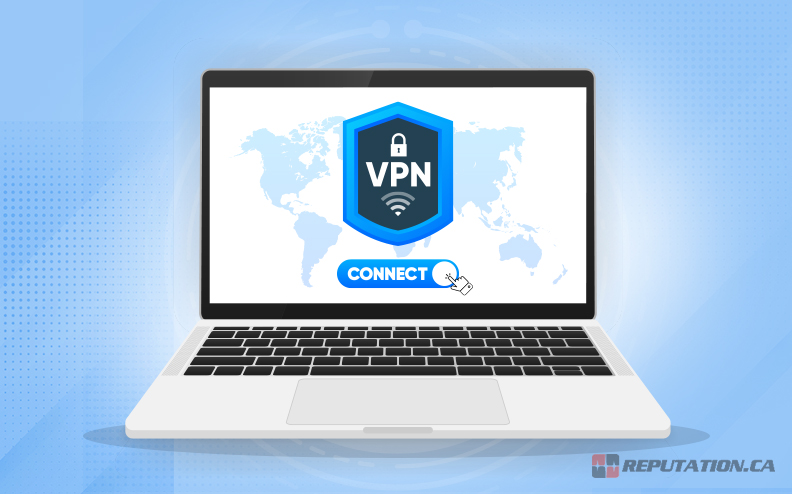
That protocol has since been fully developed and led to the creation of virtual private networks (VPNs). Securing an account with a VPN provider enables you to select another part of the country or even another country entirely. The VPN will then tunnel to the IP address associated with a random router in that area, and your computer will present as being in that location.
This masks your real location and makes it more difficult for doxxers to identify your home address. Unfortunately, a VPN is insufficient to protect yourself completely, and you will have to take certain measures to avoid repercussions.
Step #3: Take Care of Your Posts
Social media is one of the main stalking grounds for doxxers since people are prone to posting about events or attractions in their area. Some people even tag the locations they go to during outings and allow friends to track their locations via social apps like Snapchat. Depending on how accessible your accounts are, complete strangers can see your posts and use the context to locate you.
Even certain pictures carry a risk since there might be identifying landmarks a doxxer can use to intuit your location. For example, posting a photo of you in front of the Luxor Hotel in Las Vegas is a dead giveaway. Fortunately, there are 2 things you can do to prevent your social media account from betraying your location. The first is setting all your social media accounts to private so only people you authorize can see your posts and profile.
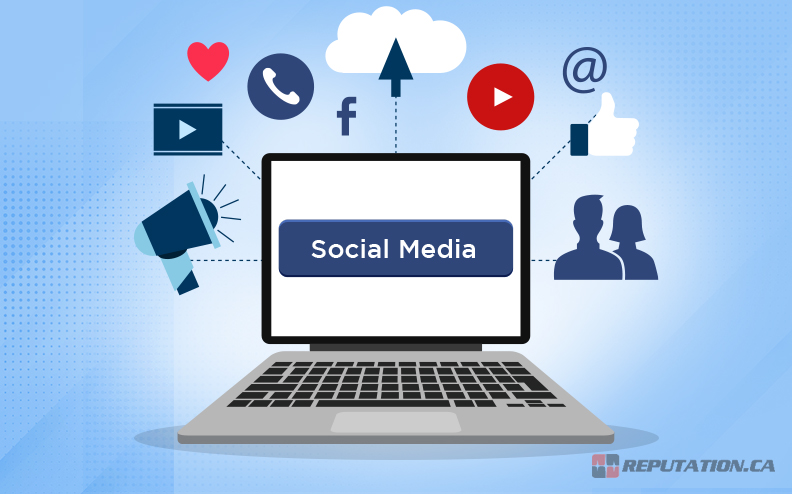
The second thing you can do is curate the posts on your profiles (Facebook, Twitter, Instagram, etc.). This means going through your posts and deleting anything that might reveal too much information. This means anything pertaining to local events and landmarks or any addresses or places of employment where unsavory individuals might try to find you.
Removing this content will make it more difficult for these people to track you down and reduce the number of context clues they can access. However, all this effort begs another question that might be just as important to you: What does doxxing have to do with your reputation?
How Doxxing Applies to Reputation
Doxxing is a terrible crime that the most unsavory Internet users use to expose people who do not align with their worldview. Usually, doxxing is associated with physical risk since the main goal is identifying the victim’s location so others can harass them directly. You might not realize that doxxing is directly tied to your reputation, though it does not affect it.
Rather, your reputation affects your odds of being doxxed since individuals and organizations with poor public images are likely to spark the ire of these individuals. Many modern doxxers view themselves as vigilantes exposing the “worst people” on the Internet. Most doxxers do this because they are upset that their victim opposes their morals and political views. Even minor disagreements can trigger certain individuals and cause them to lash out by exposing their “opponent.” (Remember that not everyone who disagrees with you is going to dox you.)
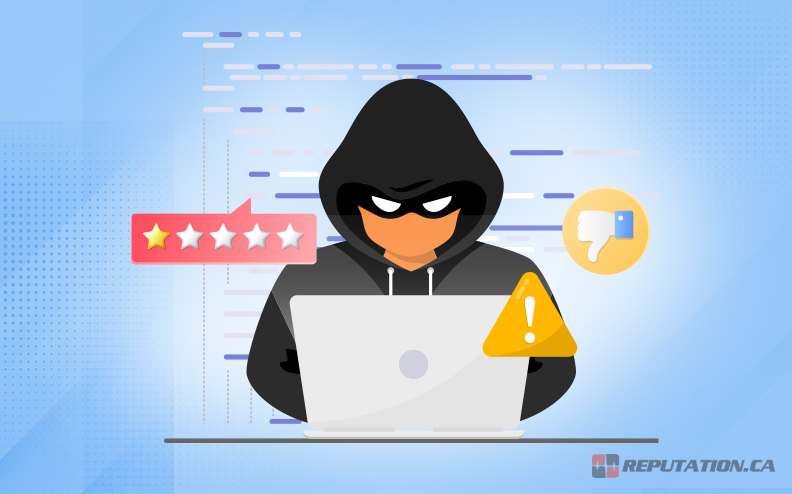
This is why step #3 is so important because you can also use it to delete posts that might be considered inflammatory. Unfortunately, many social media dwellers have hair triggers and will aggressively react when faced with opposition. Careful cultivation of your online presence reduces the risk of physical interaction with these individuals. It also gives you time to repair your image in the eyes of those who were misled or fueled by doxxers to oppose you.
Unfortunately, most of the effort involved in protecting yourself can be difficult to accomplish singlehandedly. This is especially true for influencers who amass a large following. Fortunately, you might not have to go it alone.
Take Your Reputation Back!
Doxxing is a heinous act (and one that is illegal in most states and provinces) that can endanger you and your loved ones. Protecting your information is critical to preventing a successful attack and will help reduce its impact on your life. Ultimately, the biggest challenge is removing your information from data broker sites that sell information for a living. The amount of work you will have to do might seem overwhelming if you are doing it alone. Therefore, it might be worth recruiting some outside assistance.
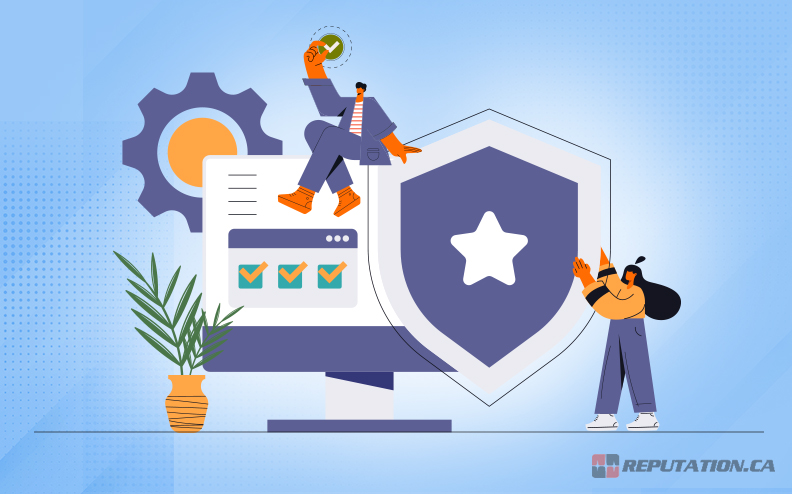
We at Reputation know that some people take things too far and that a diminished reputation can expose certain threats in your life. Doxxers will take any information about you and use it to send others after you (though not everyone with a poor reputation gets doxxed). That is why we offer reputation management services designed to help you stay safe while repairing your public image. We offer social media management services and can issue takedown requests on data broker sites on your behalf. We will work tirelessly to ensure the odds of doxxing remain as low as possible. There are no shortcuts to a positive public image or your safety, so visit our website and take your reputation back!




